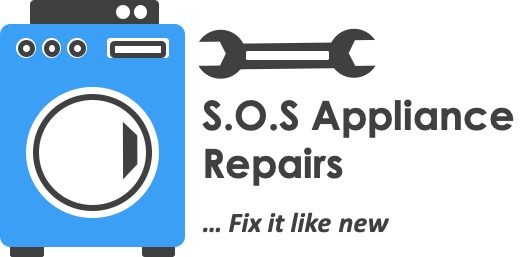In Canada, electrical issues are a leading cause of house fires. Additionally, electrical shock is a hazard that can cause death, nerve damage, or other serious issues. Home appliance safety is a good way to prevent these potentially grave problems.
Avoid Electrical Hazards at Home
How to avoid Electrical Hazards from Home Appliances.
#1. Electricity and Water
If you accidentally drop an electrical appliance into water, even a small amount, electrocution can easily occur. Unplug the device before trying to retrieve it. After it has dried out, have a qualified appliance repair person check the appliance to be sure it is safe to use and permanent damage has not happened. If you use power tools, never use them in wet conditions inside or out.
#2. Outlets
Safety outlet covers reduce the chance that a child or pet will accidentally be shocked.
Even better is to replace outlets with tamper-resistant receptacles.
Be sure the plug is securely in the outlet and don’t overload with adaptors and plugs. Never remove the third prong on a plug so that it can be used in a two-pronged socket.
GFCI or ground fault circuit interrupters are sockets that are designed to shut off if they detect a difference between incoming and outgoing current.
They are commonly installed in areas around water, like in bathrooms and kitchens. If your home does not have these, contact an electrician about having them installed.
#3. Light Bulbs
Use the proper wattage of light bulbs in lamps and ceiling fixtures. Using a bulb with a higher wattage than the fixture is rated for will cause an overload and can cause a fire.
Be sure the bulb is secure in its fitting. If you are replacing a light bulb inside an appliance like a microwave or oven, only use the correct appliance bulb.
Using an ordinary bulb will cause trouble and a very big mess when the heat or cold affects the structure of the bulb.
#4. Surges
Switching off electrical appliances when not in use can help prevent a power surge.
That includes coffee makers or other small kitchen appliances. Use surge protectors especially if your power supply is erratic.
#5. Cords
Electrical cords can be a source of danger if they are run under carpets or rugs, are in high-traffic areas, are nailed down, etc. Extension cords should only be used in temporary conditions.
Periodically check cords for any damage or fraying. If you see something, replace the cord. Never yank a cord from a socket, always pull the plug.
#6. Circuit Breakers
If there is consistent tripping of a circuit breaker, this is a sign of a major overload.
A faulty appliance, bad wiring, or deterioration of the circuit breaker itself could cause this. Have this checked promptly to avoid fires.
Electricity is something to be handled only by professionals. Always use a licensed electrician or a professional appliance repair person.
This is no job for a weekend project by yourself or with friends.
Contact us if you need help
If you have concerns about an electrical appliance, contact us at SOS Appliance Repairs. We will be happy to schedule an inspection to ensure that your home is safe, concerning any appliance malfunctioning or needing adjustment.
We are also available to complete the installation of new appliances. Our technicians are trained experts who will provide the best service and advice available.

